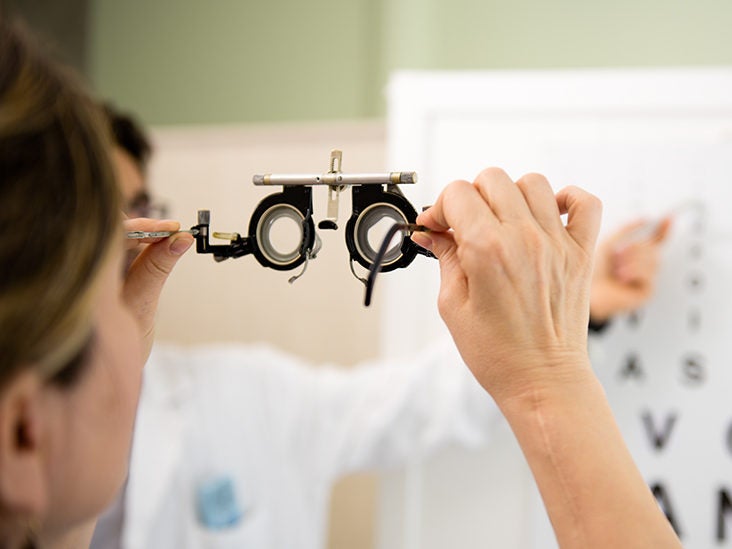nearsighted vs farsighted numbers
Nearsightedness is estimated to be around 20-30 more common among the American population than farsightedness. As the name implies nearsighted individuals are still able to see near objects clearly.
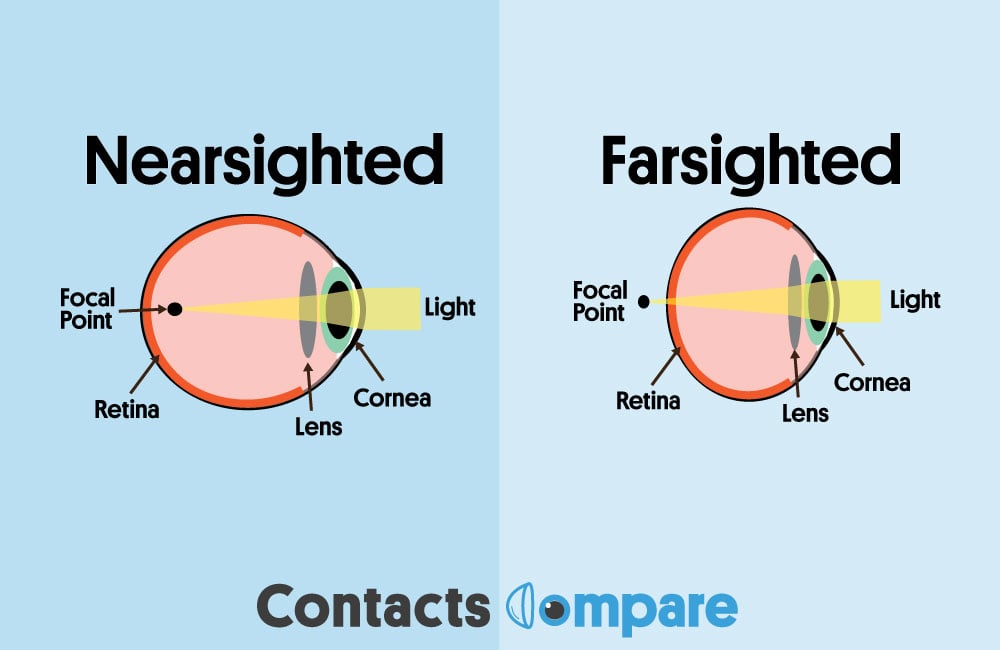
Nearsighted Vs Farsighted Contacts Compare
In fact nearly 30 of all Americans suffer from nearsighted vision while 60 of Americans suffer from farsighted vision according to the AOA.

. When objects are blurry at near and in the distance you are probably over 50 years old and farsighted. Nearsightedness can also be caused by the curvature of the lens of the eye. If the lens is too curved this will throw off your focusing point as well.
Your risk for myopia increases slightly if. So what exactly are they. To put it simply nearsighted people have trouble seeing distant objects while farsighted people have trouble seeing near objects.
Instead they are called refractive errors which. Nearsightedness is more commonabout 40 of Americans are nearsighted whereas 510 are farsightedbut both refractive errors are easily treatable. Nearsightedness is most commonly caused by an.
In short nearsightedness means the ability to see things nearby with relative clarity while farsightedness is the ability to only clearly see objects that are far away. Farsightedness hyperopia is far less common. Being nearsighted means you can easily see objects from a close distance but seeing objects at a far distance is difficult and blurry.
In contrast the prevalence rate of farsightedness in the United States ranges from 5 to 10. It can be confusing to remember the difference between. When you receive a prescription for glasses or contacts a plus sign indicates.
If you have a plus number you are farsighted. We have probably all heard about nearsightedness myopia and farsightedness hyperopia but their real. As children grow the shape of their eyeballs.
In farsightedness near vision is problematic. What is the difference. Although having lived with the condition for a while this may come as no surprise.
The higher the hyperopia the more this. Nearsighted vs farsighted lenses. This results from light being focused in front of the retina rather than on it.
The more negative the number the stronger the lenses that are required to correct. Both of these are refractive errors a person who is nearsighted can see close. What may be enlightening though is how much youre.
Both these conditionsnearsightedness myopia and farsightedness hyperopiaare not considered eye diseases. It affects just 5-10 of people in the US. Nearsightedness is more common about 25 percent of Americans have it.
The basic difference between nearsightedness and farsightedness is that farsighted eyes need additional focusing. Lens prescriptions vary greatly and are commonly represented by a negative number. The causes for nearsightedness include.
If its a negative number youre nearsighted. Meanwhile being farsighted means you have difficulty.
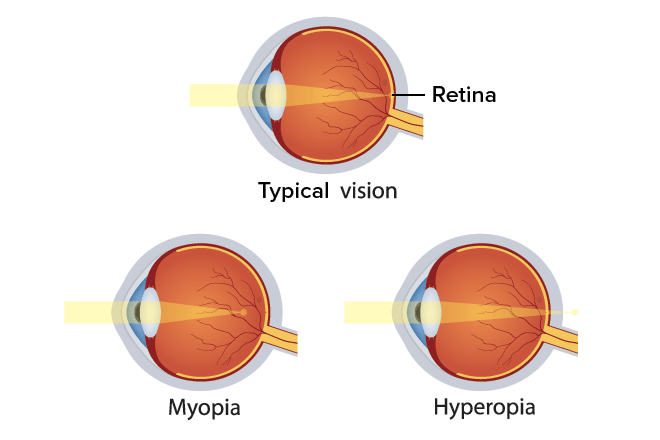
What S The Difference Between Myopia And Hyperopia

Nearsighted Vs Farsighted Eye Care Leawood Olathe Ks

Understanding Your Vision Nearsightedness Farsightedness Astigmatism

Nearsightedness Vs Farsightedness How To Tell

How To Read Your Eyeglass Prescription Readingglasses Com

How To Properly Read Your Eyeglasses Prescription Eye Care Vision Associates
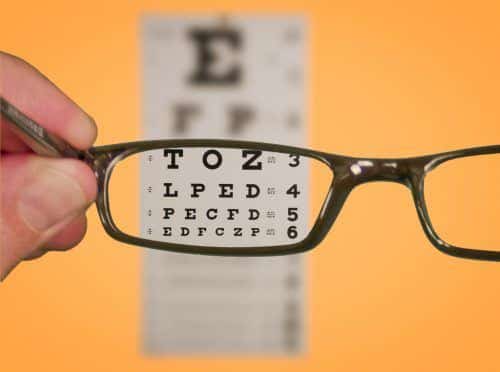
Nearsightedness Vs Farsightedness Optometrist Eye Doctor

How To Read Your Glasses Rx Eyetique Pittsburgh Eye Doctor Eye Care Eyeglasses Contacts

What Did Nearsighted Humans Do Before Glasses Shots Health News Npr

How To Properly Read Your Eyeglass Prescription Iris

The Eye Center Understanding Nearsightedness Farsightedness Astigmatism And Presbyopia Dr Taylor

What S The Difference Between Myopia And Hyperopia
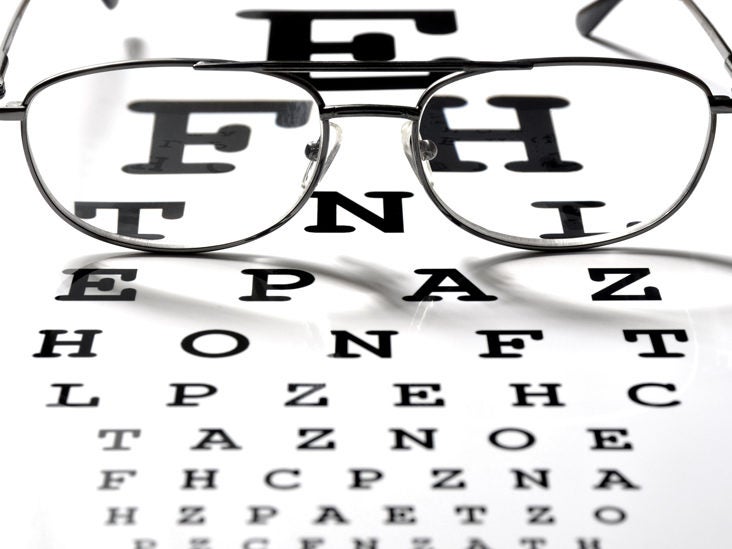
How Bad Is My Eye Prescription
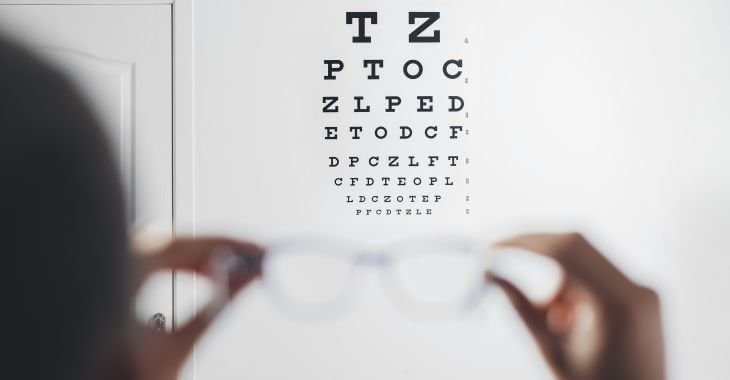
What Does 20 40 Vision Mean Findlocal Doctors

What Does My Glasses Prescription Mean Anyway Dr Rupa
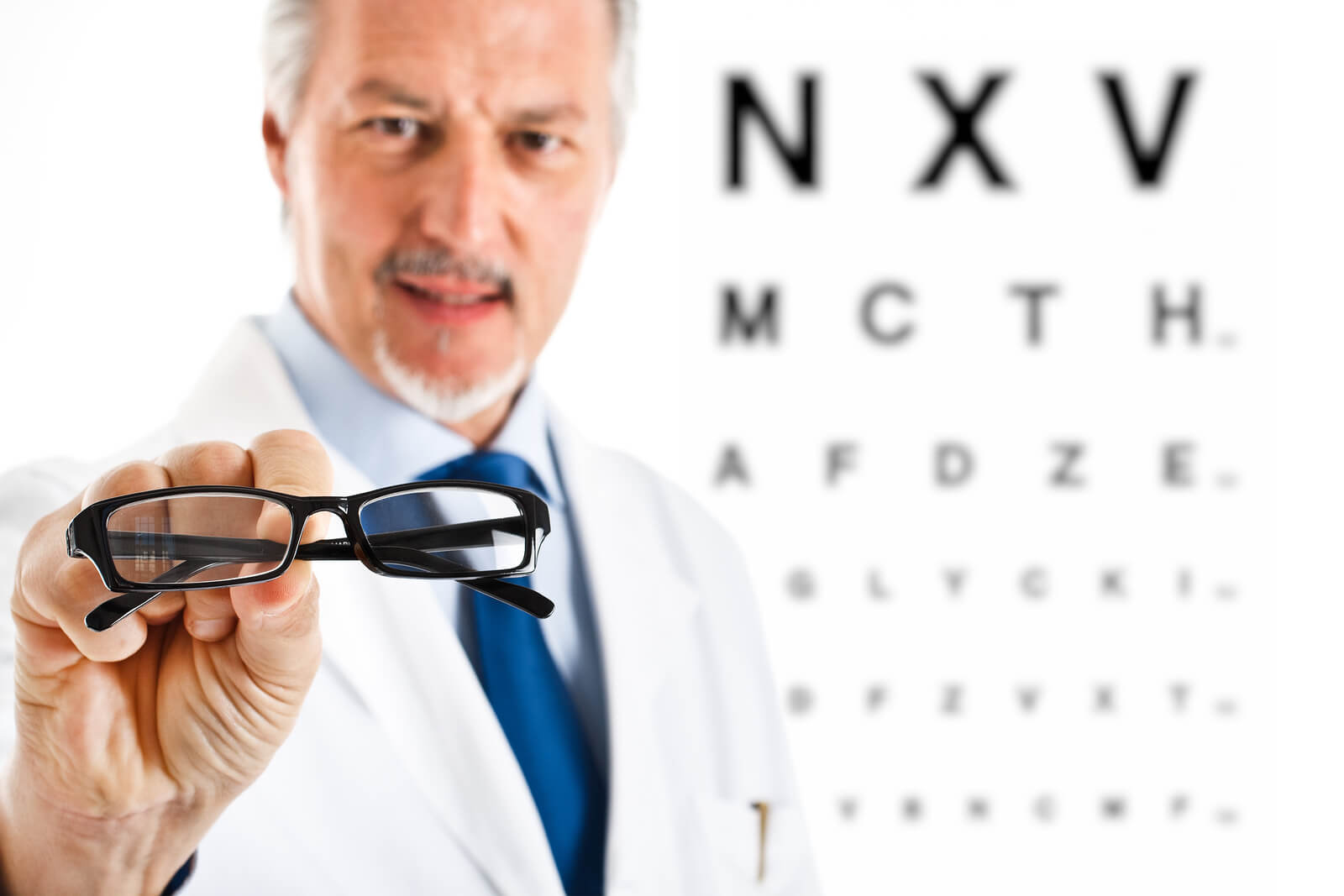
The Difference Between Farsightedness And Nearsightedness

